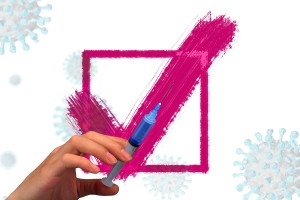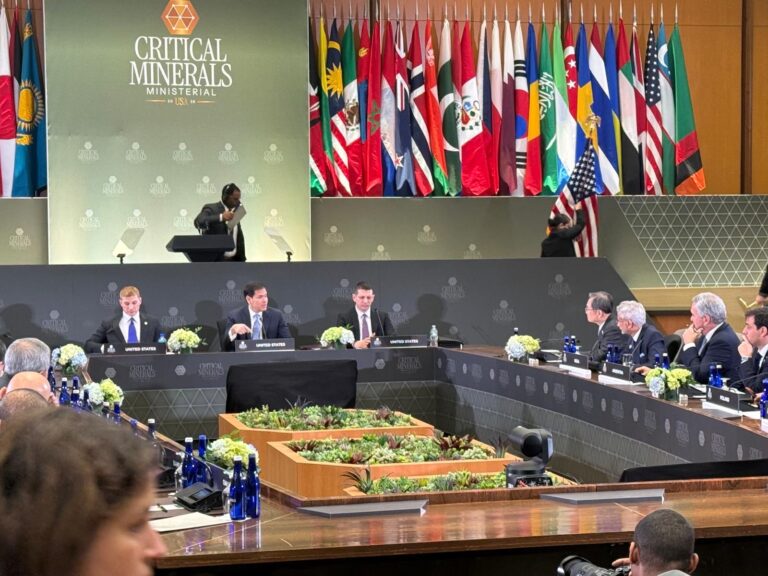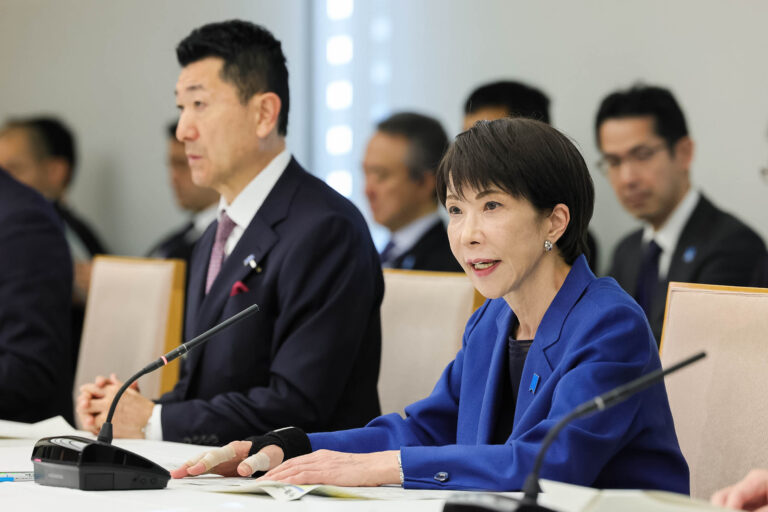
Manufacturers agree to intensify COVID-19 vaccines’ delivery
New York/Geneva/Washington D.C.: The World Health Organization (WHO) today called on world leaders at the 76th session of the United Nations General Assembly to focus on vaccine equity, pandemic preparedness, and getting the SDGs back on track. It urged the leaders to guarantee equitable access to COVID-19 vaccines and other life-saving tools; ensure the world is better prepared to respond to future pandemics; and renew efforts to achieve the Sustainable Development Goals (SDGs).
The COVID-19 pandemic has already claimed the lives of nearly 5 million people around the globe, and the virus continues to circulate actively in all regions of the world. WHO urged all countries to break the cycle of ‘panic and neglect’ seen after previous health emergencies, and commit adequate financial resources, as well as political will, to strengthening health emergency preparedness across the globe. It stressed that universal health coverage (UHC) is a keystone of global health security. Despite progress in UHC in recent years, 90% of countries have reported disruptions in essential health services due to the pandemic, with the consequences reverberating beyond the health sector.
Earlier, a task force comprising the heads of the International Monetary Fund, World Bank Group, World Health Organization and World Trade Organization, noted that despite adequate total global vaccine production in the aggregate, the doses are not reaching low- and lower middle-income countries in sufficient amounts, resulting in a crisis of vaccine inequity.
The task force met with the CEOs of leading vaccine manufacturing companies to discuss strategies to improve the access to COVID-19 vaccines, especially in low- and lower middle-income countries and in Africa on September 16, 2021.
While welcoming the willingness of the CEOs to work collectively with them to end vaccine inequity and their readiness to form a technical working group with the task force to exchange and coordinate information on vaccine production and deliveries, the task force expressed concerns that without urgent steps the world is unlikely to achieve the end-2021 target of vaccinating at least 40% of the population in all countries—a critical milestone to end the pandemic and for global economic recovery.
It encouraged countries that have contracted high amounts of vaccine doses, and vaccine manufacturers, to come together in good faith to urgently accelerate COVID-19 vaccine supplies to COVAX and AVAT, two multilateral mechanisms that are crucial for equitable distribution of vaccines.

Task force members took note that countries with high vaccination rates have collectively pre-purchased over two billion doses in excess of what is required to fully vaccinate their populations. They called again on those countries to urgently: i) swap their near-term delivery schedules with COVAX and AVAT, ii) fulfill their dose donation pledges with unearmarked upfront deliveries to COVAX, and iii) release vaccine companies from options and contracts so those doses can be delivered to people in low- and lower middle-income countries. In addition, vaccine manufacturers should prioritize and fulfill their contracts to COVAX and AVAT.
They stressed that if the 40% coverage threshold is to be reached in all countries by the end of 2021, the following actions need to be taken immediately by governments and vaccine manufacturers besides the need to release doses to low- and lower middle-income countries:
Transparency on supply of vaccines: To ensure that doses reach countries that need them the most, particularly low- and lower middle-income countries, the task force calls on vaccine manufacturers to share details on month-by-month delivery schedules for all vaccine shipments, especially for COVAX and AVAT. In its remarks, WHO emphasized its call for a moratorium on booster doses until the end of 2021, with the exception of the immune-compromised, to help optimize supply to low-income countries.
Eliminate export restrictions, prohibitions: The task force called on all countries to urgently address export restrictions, high tariffs and customs bottlenecks on COVID-19 vaccines and the raw materials and supplies required for the production and timely distribution of vaccines.
Regulatory streamlining and harmonization: The task corce called on all regulatory authorities around the world to create regulatory consistency and standardization on the approval of vaccines, and to support the acceptance of the WHO Emergency Use Listing procedure. In parallel, efforts should be made to boost production of vaccines, diagnostics and treatments globally and expedite equitable delivery of such lifesaving tools to developing countries.
Vaccines are the most critical tool to end the pandemic and save lives and livelihoods. More than 5.7 billion vaccine doses have been administered globally, but 73% of all doses have been administered in just 10 countries. High-income countries have administered 61 times more doses per inhabitant than low-income countries. The longer vaccine inequity persists, the more the virus will keep circulating and evolving, and the longer the social and economic disruption will continue.
WHO’s targets are to vaccinate at least 40% of the population of every country by the end of this year, and 70% by the middle of next year. These targets are achievable if countries and manufacturers make a genuine commitment to vaccine equity.
– global bihari bureau





